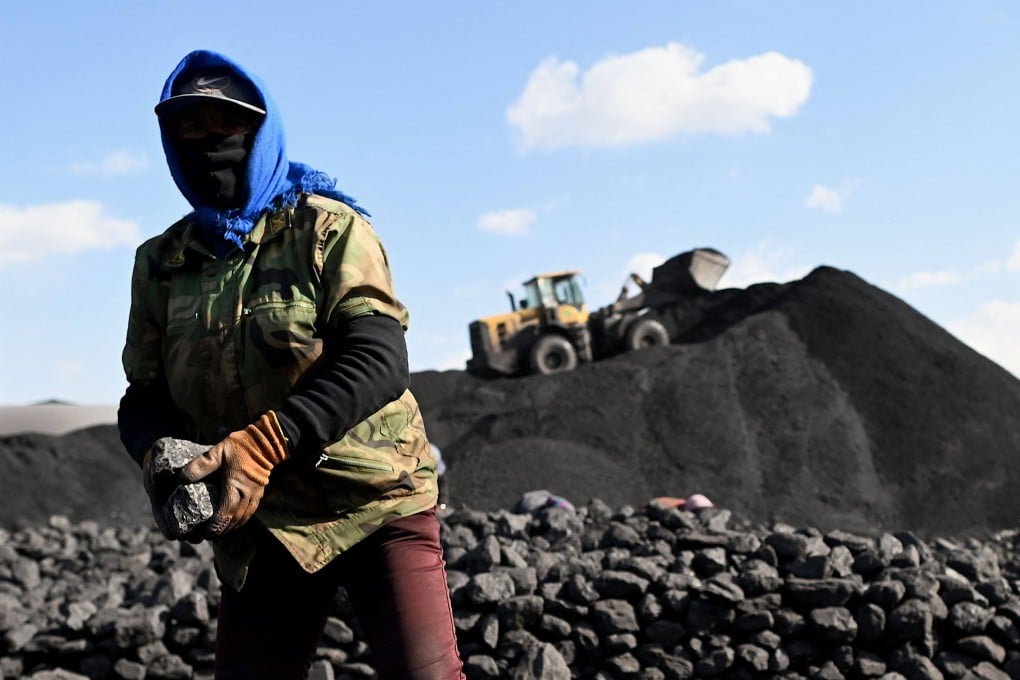Advertisement
The View | Is China’s coal addiction getting in the way of its climate change goals?
- Chinese policymakers face difficult decisions as recent events have shown the country will still depend on coal despite its lofty climate pledges
- There is still much to be done, but the substantial progress in the shift to renewable energy offers hope
Reading Time:3 minutes
Why you can trust SCMP
2

China reported an eye-catching 12.9 per cent year-on-rise rise in its producer price index last month as the country struggled with supply-side constraints such as electricity and semiconductor shortages. Producer prices rose 60.5 per cent year on year for the mining industry and 43.8 per cent in the energy sector, creating near-term headwinds for the world’s second-largest economy to get back on track.
Beijing policymakers have ordered domestic miners to produce more coal and relaxed a year-long ban on Australian coal imports to help alleviate some of the supply-side cost pressures. In October, China imported 2.78 million tonnes of Australian coal.
Meanwhile, at the UN climate change conference in Glasgow, 197 countries concluded an agreement to limit greenhouse emissions. Even though Beijing did not offer any new pledges, the country remains committed to cut down its coal reliance to achieve its 2030 peak carbon emissions target.
Advertisement
Therein lies the dilemma. Can China still grow at a reasonable rate while relying less on coal to power its factories and businesses?
During this year’s UN General Assembly, Beijing pledged to end financing for new coal power plants overseas but stopped short of including domestic plants. It is clear China will still rely disproportionately on coal to meet its own energy needs in the next few years.
Advertisement
Advertisement
Select Voice
Select Speed
1.00x

